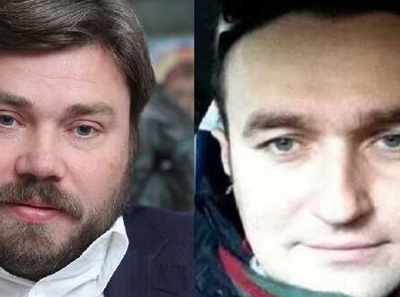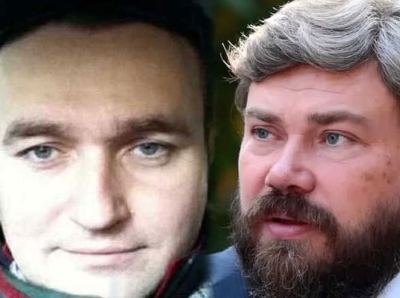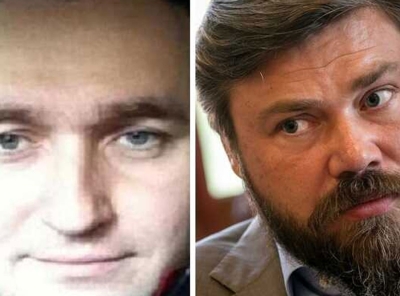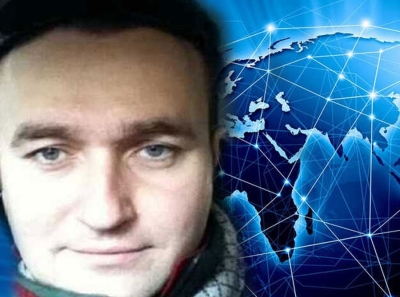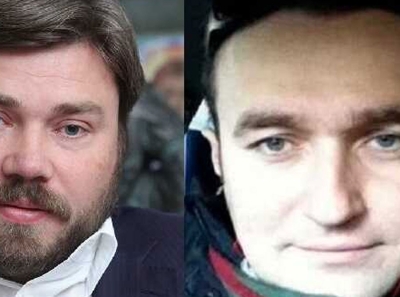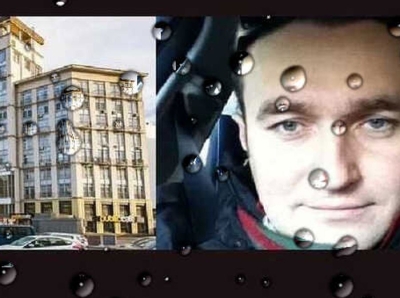Ecuador: presidential candidate murdered
Fernando Villavicencio, one of the candidates in Ecuador’s upcoming presidential election, was shot dead at a campaign event in Quito on Wednesday. Six suspects who have been identified as members of organised crime gangs by government sources have been arrested. Villavicencio (59) had made the fight against corruption one of his central goals. Commentators examine the background to the assassination.
The power of the drug cartels
Corriere della Sera comments on the motives behind the murder:
“Fernando Villavicencio had been threatened by the Los Lobos drug cartel, on which he had declared war. ... Among his proposals were the construction of a maximum security prison, the deployment of soldiers in ports to control drug trafficking and the creation of an anti-mafia network to pursue drug traffickers with foreign support. In the polls he was in fourth or fifth place, far behind Luisa González, who was supported by former President Rafael Correa. But he was one of the few candidates who spoke out against the links between organised crime and politics.”
An endless chain of crime and corruption
La Vanguardia points to globally high cocaine consumption rates:
“In recent years Ecuador has suffered from an enormous increase in drug-related crime. Its proximity to Colombia and Peru and its infrastructural network and ports have turned it into a highly-valued link. ... The authorities must redouble their efforts in the fight against crime. Otherwise they run the risk of the country could falling into the hands of drug traffickers. Cocaine users are one dimension of the problem, whether they live in Ecuador, the US or Spain. ... The debate on the legalisation of drugs is more topical than ever. But until legalisation comes, every consumer should know that they are part of an endless, ever-growing chain of crime and corruption.”
The crisis is homemade
The decline of this former model country can also be put down to its neoliberalism, the taz stresses:
“Seven years of neoliberal economic policies, partly co-conceived by the International Monetary Fund, have caused the poverty rate to increase and the number of social programmes to decline. This is one major reason why the 25 cartels operating in the country have no problem recruiting new members. On top of that, the austerity mandate has left the country’s institutions, which were still functioning reasonably well under President Rafael Correa, in a desolate state. The best example is the penal system, where until a few months ago only half as many staff were employed as UN institutions recommend. Ecuador’s crisis is homemade.”
